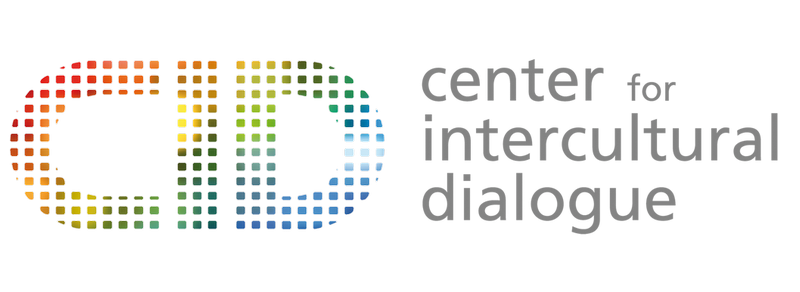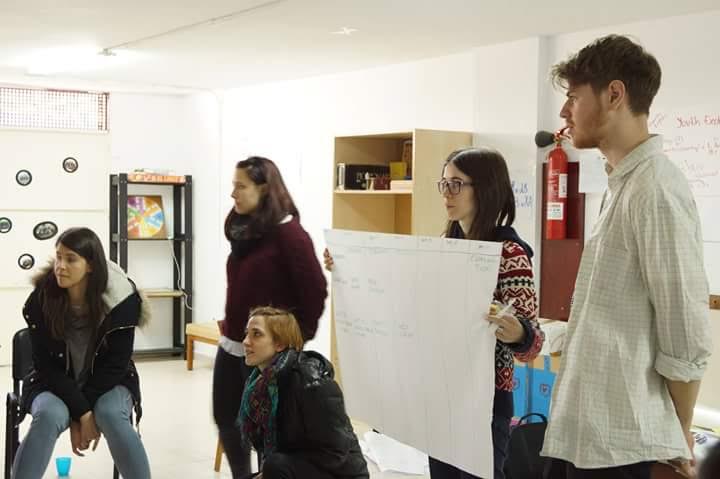Youth work is practiced around the world in different ways and with different aims. One question is pertinent though: should youth work be standardized more in order to parallel and/or integrate into formal education? This issue was explored during the training course for leaders “To be or not to be formal”, that happened in Badalona, Spain, between 15-21 of February 2016. The training course an activity organized in the framework of a two-year Erasmus+ KA2 project.
Mila Josifovska from CID was a participant, together with young people from Spain, Vietnam, Kenya, Italy, Hong-Kong and Portugal. For seven days the international participants had the chance to work together and design activities in a poor community of Badalona, called La Royana.
“We went into the ghetto and worked with youth with fewer opportunities, most of them coming from the Middle East. La Royana has a youth center with old computers donated by the Municipality. The youth center promotes integration for refugees and migrants and gets support from the Municipality, including materials and free space for organizing events. They also offer language courses and help with homework for the children.
We, the participants, organized activities in the spirit of non-formal education. Not many young people showed up, probably because they weren’t comfortable with strangers, since they are still adapting to the new surroundings.”
Mila thinks that the training course was a good opportunity for sharing practices and a ground for preparation of the next activity of the project: a youth exchange that is going to happen in Macedonia between the 18-30 of June. Young people from Hong-Kong and Spain will join the members of CID Academy for two weeks, in a youth exchange that will take place both in Kumanovo and Mavrovo. It will be a good opportunity to think together about ways in which we can make a greater impact in the community and plan meaningful follow-up activities. It is also a good opportunity for the CID Academy to level up their organizational skills and to familiarize themselves with the Erasmus+ programme.


